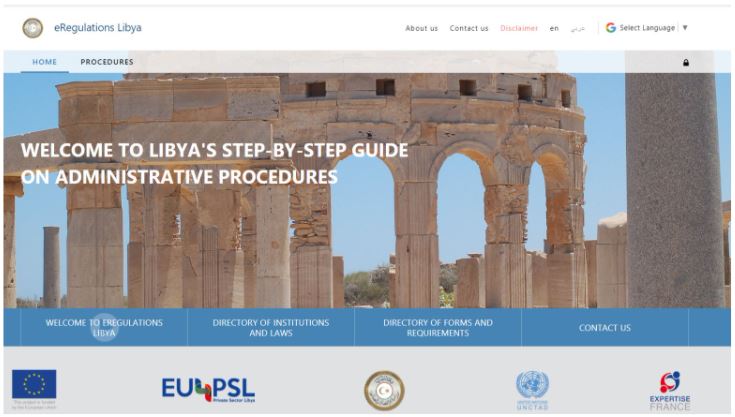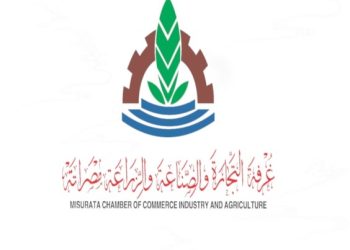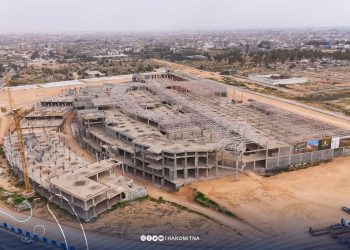Minister of Economy and Trade, Mohamed Hwej, met on Monday at the Tripoli headquarters of the Libyan Industry Union (LIU), in the presence of the head of the Privatisation and Investment Board (PIB), the head and members of the LIU, and the owners of factories and industrial companies.
In the meeting, ways to enhance cooperation to support and protect local production and combat the dumping policy, which leads to the decrease of local industry or its permanent end, were discussed.
The Minister stressed the protection and stimulation of the work environment while promoting innovation by encouraging an increase in the local product. He expressed keenness to overcome all obstacles facing the LIU and representatives of factories and industrial companies for the success of the national product.
He hoped to achieve this by creating a legislative structure and special laws to protect the local national industry and encourage its production according to international standards, which would help to compete with quality standards and maintain a balance in prices to protect the consumer and the producer.
For their part, the manufacturers requested:
- Support for local products by public authorities and national institutions to encourage its acquisition instead of buying imported products for the benefit of the national economy.
- The provision of electricity on a continuous basis and at an appropriate price, as the repetitive power cuts negatively affects the progress of the production process.
- Facilitating the procedure for bringing in technical manpower and strengthening cooperation with the Ministry of Labour to implement the strategy of developing and training national cadres within the framework of the economic recovery plan.
- The review of the terms of the agreements regarding export and import and reciprocity with countries to achieve the desired results.
At the end of the meeting, the Minister stressed the submission of a memorandum clarifying all requests aimed at serving and protecting industry in Libya and defending the interests of its workers.
And on activating the role of the Businessmen Council in supporting the private sector and its importance in the national economy.
In conclusion, it was agreed to assign a consulting company to conduct a full study to determine the goods that can be protected and the possibility of covering the local market with Libyan specifications and appropriate prices.










